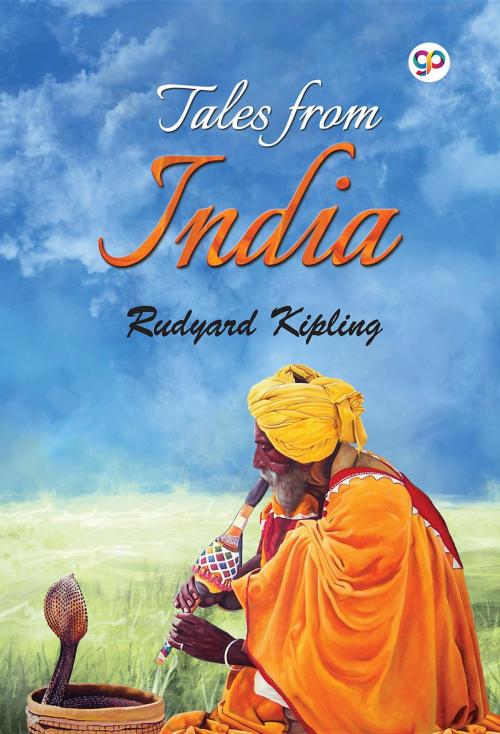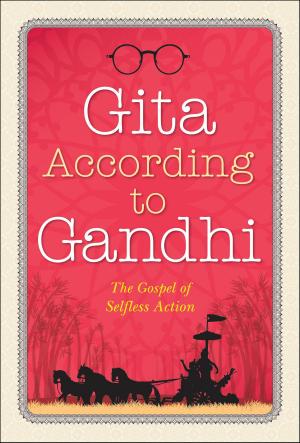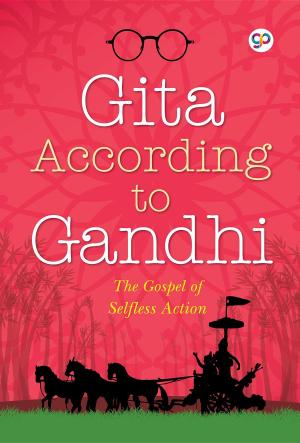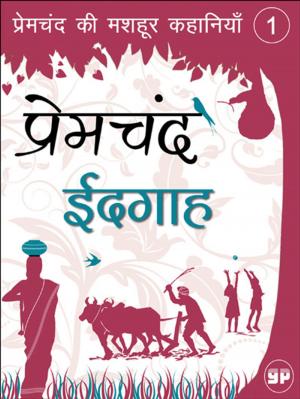| Author: | Rudyard Kipling, GP Editors | ISBN: | 9789387669840 |
| Publisher: | GENERAL PRESS | Publication: | June 11, 2018 |
| Imprint: | GENERAL PRESS | Language: | English |
| Author: | Rudyard Kipling, GP Editors |
| ISBN: | 9789387669840 |
| Publisher: | GENERAL PRESS |
| Publication: | June 11, 2018 |
| Imprint: | GENERAL PRESS |
| Language: | English |
Tales from India presents the very best of Kipling's short stories. His vignettes of life in British India give vivid insights into Anglo-India at work and play, and into the character of the Indians themselves. Witty, wry, sometimes cynical, these tales with their brevity and concentration of effect are landmarks in the history of the short story as an art-form. Politics, the Raj, and the life of the common soldier are some of the familiar themes associated with Kipling, but these stories also reflect the more unexpected aspects of Kipling's character and the different influences of the contrasting countries--India, America and England--in which he lived. His progressive portrayal of women, his interest in supernatural and religious experiences, his understanding of the processes of mental and spiritual breakdown, and the curative powers of art, are all revealed in this fascinating perspective of a great writer.
ABOUT THE AUTHOR:
Rudyard Kipling (1865-1936) was born in Bombay, but educated in England at the United Services College, Westward Ho, Bideford. In 1882 he returned to India, where he worked for Anglo-Indian newspapers.
His literary career began with Departmental Ditties (1886), but subsequently he became chiefly known as a writer of short stories. A prolific writer, he achieved fame quickly. Kipling was the poet of the British Empire and its yeoman, the common soldier, whom he glorified in many of his works, in particular Plain Tales from the Hills (1888) and Soldiers Three (1888), collections of short stories with roughly and affectionately drawn soldier portraits. His Barrack Room Ballads (1892) were written for, as much as about, the common soldier. In 1894 appeared his Jungle Book, which became a children's classic all over the world. Kim (1901), the story of Kimball O'Hara and his adventures in the Himalayas, is perhaps his most felicitous work. Other works include The Second Jungle Book (1895), The Seven Seas (1896), Captains Courageous (1897), The Day's Work (1898), Stalky and Co. (1899), Just So Stories (1902), Trafficks and Discoveries (1904), Puck of Pook’s Hill (1906), Actions and Reactions (1909), Debits and Credits (1926), Thy Servant a Dog (1930), and Limits and Renewals (1932). During the First World War Kipling wrote some propaganda books. His collected poems appeared in 1933.
Kipling was the recipient of many honorary degrees and other awards. In 1926 he received the Gold Medal of the Royal Society of Literature, which only Scott, Meredith, and Hardy had been awarded before him.
Rudyard Kipling died on January 18, 1936.
Tales from India presents the very best of Kipling's short stories. His vignettes of life in British India give vivid insights into Anglo-India at work and play, and into the character of the Indians themselves. Witty, wry, sometimes cynical, these tales with their brevity and concentration of effect are landmarks in the history of the short story as an art-form. Politics, the Raj, and the life of the common soldier are some of the familiar themes associated with Kipling, but these stories also reflect the more unexpected aspects of Kipling's character and the different influences of the contrasting countries--India, America and England--in which he lived. His progressive portrayal of women, his interest in supernatural and religious experiences, his understanding of the processes of mental and spiritual breakdown, and the curative powers of art, are all revealed in this fascinating perspective of a great writer.
ABOUT THE AUTHOR:
Rudyard Kipling (1865-1936) was born in Bombay, but educated in England at the United Services College, Westward Ho, Bideford. In 1882 he returned to India, where he worked for Anglo-Indian newspapers.
His literary career began with Departmental Ditties (1886), but subsequently he became chiefly known as a writer of short stories. A prolific writer, he achieved fame quickly. Kipling was the poet of the British Empire and its yeoman, the common soldier, whom he glorified in many of his works, in particular Plain Tales from the Hills (1888) and Soldiers Three (1888), collections of short stories with roughly and affectionately drawn soldier portraits. His Barrack Room Ballads (1892) were written for, as much as about, the common soldier. In 1894 appeared his Jungle Book, which became a children's classic all over the world. Kim (1901), the story of Kimball O'Hara and his adventures in the Himalayas, is perhaps his most felicitous work. Other works include The Second Jungle Book (1895), The Seven Seas (1896), Captains Courageous (1897), The Day's Work (1898), Stalky and Co. (1899), Just So Stories (1902), Trafficks and Discoveries (1904), Puck of Pook’s Hill (1906), Actions and Reactions (1909), Debits and Credits (1926), Thy Servant a Dog (1930), and Limits and Renewals (1932). During the First World War Kipling wrote some propaganda books. His collected poems appeared in 1933.
Kipling was the recipient of many honorary degrees and other awards. In 1926 he received the Gold Medal of the Royal Society of Literature, which only Scott, Meredith, and Hardy had been awarded before him.
Rudyard Kipling died on January 18, 1936.















